Any young performer often dreams of drama school, training to do what you love and nothing except it. In 2020, I was accepted into Rose Bruford College of Theatre and Performance on the American Theatre Arts programme where acting, directing, writing for solo performance, devising and singing are taught just to name a few. But one of the best opportunities is a semester in the United States. I’m currently studying musical theatre and directing in Washington DC at the Catholic University of America – and there are some noticeable differences.
The British training system is rooted in covering the fundamentals to enhance your skill as an actor in class and then using those skills and transferring them into performances. For example, I took part in military drills to prepare for my second-year role in ‘Somewhere in England’ as Private Alice Roy, an American soldier in World War 2. I also did a movement class to work on how women of that time moved and a dialect class to work on the very specific North Carolina accent. The classes are constant and intense, whereby you are in class, workshops or rehearsals from 10-5 minimum. My days vary but am usually in some sort of class which can range from a 10-hour rehearsal to a 3-hour contextual class to back-to-back classes 9-6.
The workload outside class is often based on your own craft with tasks to enhance the work for the next week. I’ve done three essays in two years and several reflective journals as a written way to be examined. I’ve taken classes in Stella Adler technique, Meisner, Meyerhold, movement, voice and accent, scene study and contextual learning. I’ve taken what I find most useful from them to create my own process. Particularly the contextual learning, which can really help find the emotional stakes of a scene just by putting yourself in the character’s situation.
For example, when playing Alice Roy, a soldier who was in a relationship with another female soldier, through my own research and dramaturgical resources, I was able to navigate the world through her eyes and properly understand the emotional stakes she would have experienced.
In comparison, the American system works so that I had to choose classes up to 21 credits (some dance classes are one, and some more academic classes are three). I take tap, theatre dance, history of musical theatre, pop rock and contemporary vocal styles, auditioning, directing, scene study, movement and singing. I’m not in all day every day, however, the workload is huge. The amount of reading we do that isn’t plays or articles but academic texts is extortionate. I struggle to read dense academic texts, so I’ve found this a learning curve in comparison to consuming playtexts in the UK. I have a differing number of classes a day and somehow no time to do my classwork. It’s also expected I travel and explore the local area so sometimes that has to be the priority.
I’ve felt I’ve not been training for anything in the US. In the UK, I know there is a show I can put all my learning into practice with. In the US, however, it all rests on extracurricular shows that anyone can audition for and is a huge source of stress. You can potentially never perform in a show in a 4 year degree.
The training has an academic weighting, unlike in the UK. There are regular quizzes, papers and journals in many of my classes that are required to be constantly checked. It was also a challenge to get my disability accommodations, such as extra time for exams and extensions for papers, which were easier overall in the UK to set up. If you are not in any way academic, the system is set against you. If you are an American student or enrolling in a 4-year degree, even as a performance major, there are academic requirements and limitations on what you can take.
However, maintaining and organising information is a skill that I don’t have in the same way as Americans. This method of teaching and examination has been used throughout their educational career, whereas my assessments except essays have been practical. If I had more of an academic career, the American system could be a way to hone that skill, so I could retain more information, and quickly.
Another plus about American classes is that you can just truly focus on developing your performance skills. Even though I graduate this year, which terrifies me, right now, I can just breathe in these classes and learn. Plus, I haven’t tap danced since before COVID, and I’m loving it!
I am getting phenomenal opportunities such as assistant directing the MainStage musical ‘Carrie’ with a professional creative team, paddle boarding on the Potomac River and performing my own recital where I can choose what I want to perform. I would not want to change this experience in any way.

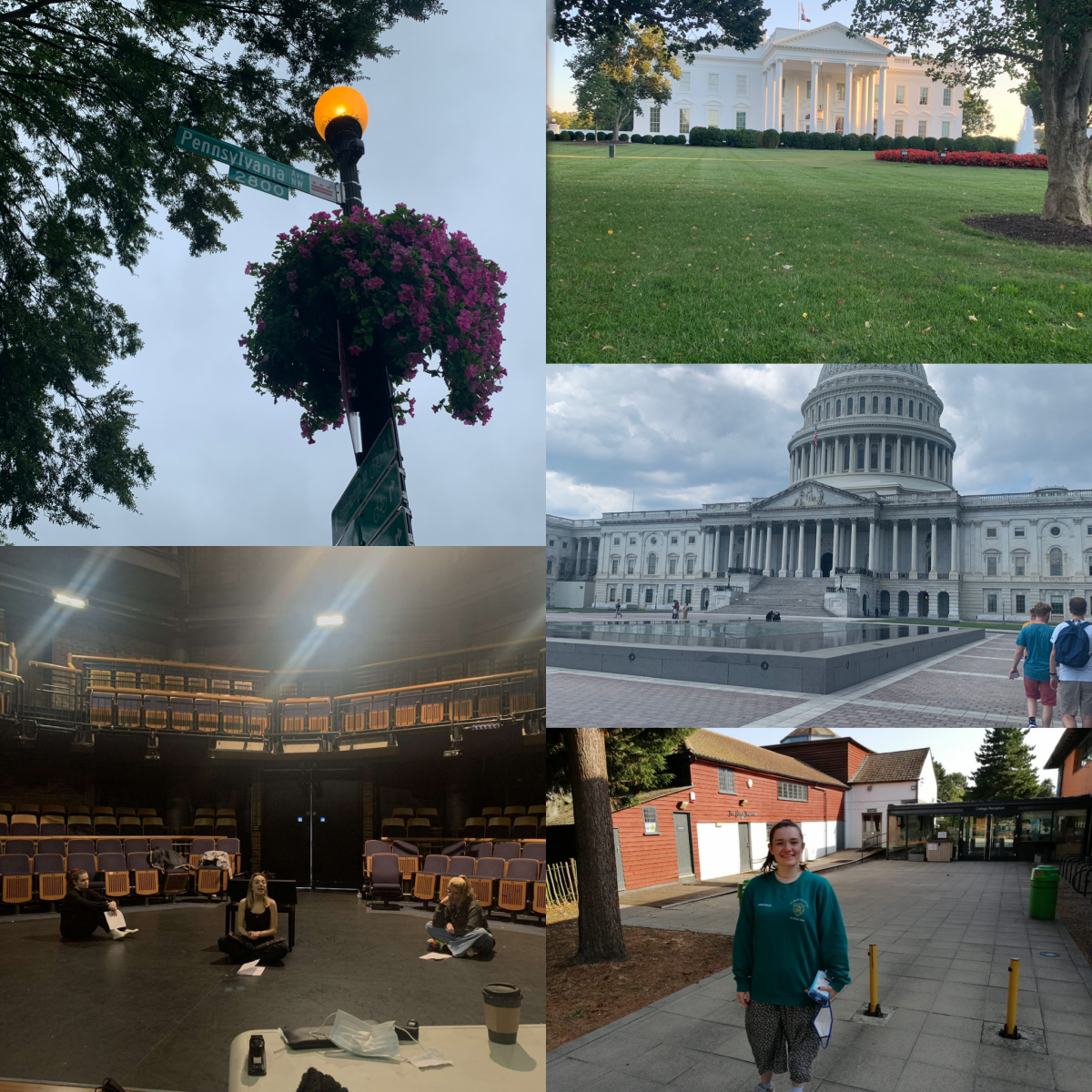

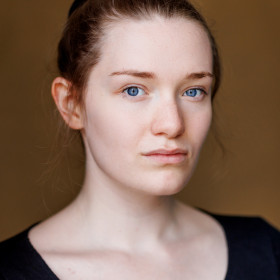
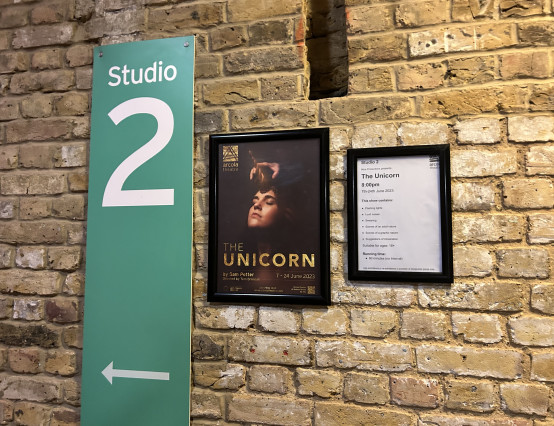

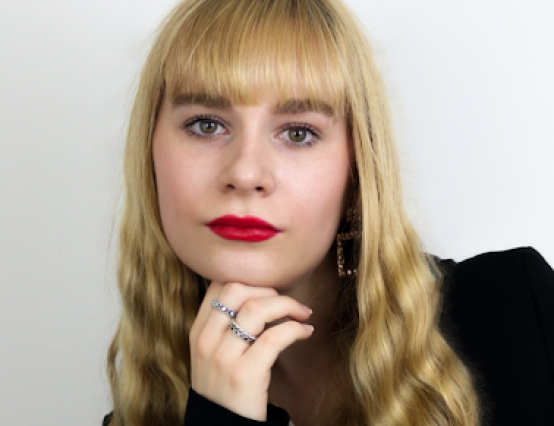


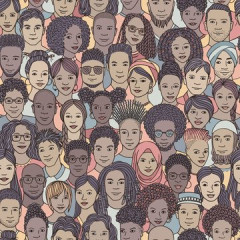
0 Comments